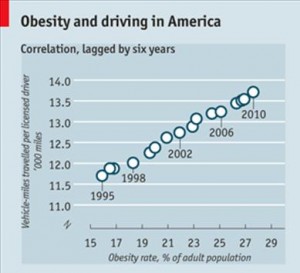Government Safety Regulation: Kind Mother or Big Brother?
Jeff Mosenkis, a freelance producer with Freakonomics Radio, holds a Ph.D. in psychology and comparative human development.
Government Safety Regulation: Kind Mother or Big Brother?
By Jeff Mosenkis
On the same day last week, news stories broke about two different parts of government demonstrating two different ideological approaches to regulating consumer safety. In the first, the FDA came out with rules standardizing the labeling of sunscreen, after 33 years of deliberation.
Presumably, the reasoning behind making sure the claims on sunscreens are clear and uniform across different products (like the standardized nutrition information on food packaging) is to allow consumers to make better decisions for themselves. Let’s call this the Kind Mother approach.We are given information that strongly hints at which is the right choice, but ultimately are still able to decide for ourselves.
At the same time, the Consumer Product Safety Commission (CPSC) has directed its staff to draft regulations governing the safety of table saws. An estimated 40,000 people are injured every year when hands, fingers or other body parts find their way into the path of a table saw blade.

